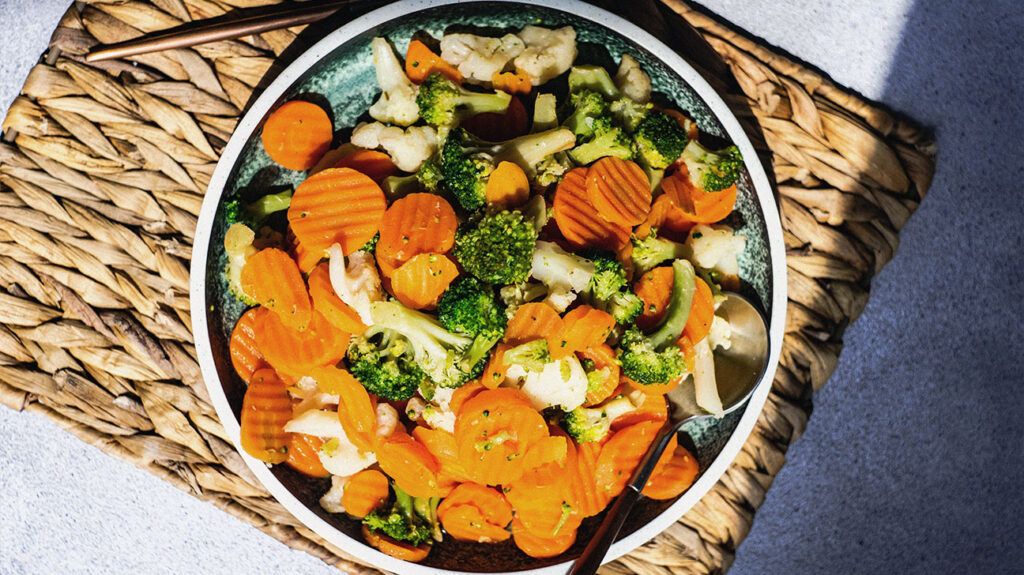Dietary and lifestyle changes may help lower low-density lipoprotein (LDL) cholesterol levels. However, some people may need medication to manage their cholesterol levels.
High levels of LDL, or “bad,” cholesterol can raise the risk of heart attack and stroke, so it is important that a person contact a doctor for advice on treatments if they have concerns about their cholesterol levels.
Read on to learn more about home remedies and treatments that may help lower LDL levels. This article discusses foods to eat and avoid, lifestyle strategies, and supplements, as well as medical treatments that doctors may offer.

The
Eating less of certain foods and more of others could help improve a person’s levels of LDL cholesterol and other lipids, such as high-density lipoprotein (HDL), or “good” cholesterol, and triglycerides.
What foods are good for lowering LDL?
The AHA advises people to consume whole foods that are low in saturated fat to help lower LDL cholesterol levels.
The following foods may be beneficial:
- fruits and vegetables rich in fiber, such as:
- whole grains, such as:
- brown rice
- whole wheat bread and pasta
- oats
- fish, particularly oily fish such as salmon, trout, and herring
In addition, people can choose low fat dairy rather than full-fat dairy. And cooking with liquid vegetable oils may be more beneficial than cooking with solid fats.
Learn more about foods that can help lower cholesterol.
What foods should a person avoid to lower LDL cholesterol?
Reducing saturated fat intake can help a person lower their LDL cholesterol levels. This may involve eating fewer meat and dairy products and checking for saturated fats in processed foods.
Learn more about how saturated fats can increase cholesterol.
People can try avoiding or limiting the following foods:
- red meat
- processed meats, such as:
- sausages
- burgers
- salami
- hot dogs
- bacon
- poultry with the skin on
- meat with visible fat
- solid fats such as lard, butter, and shortening
- full-fat dairy products
- desserts and sweets that contain full-fat dairy products, such as ice cream, cakes, and puddings
- sauces and gravies containing saturated fats
Learn about foods high in cholesterol.
Exercise may help lower LDL cholesterol levels. This is because a lack of physical activity can
Staying active can help lower LDL levels and raise HDL levels.
Adults should aim for around 30 minutes of physical activity per day, 5 days per week, or around
Avoiding alcohol or reducing the amount of alcohol a person drinks may help lower their LDL cholesterol. This is because drinking a lot of alcohol
It can also increase the amount of triglycerides in the blood. Triglycerides are a type of fat that the body uses for energy.
It is unclear whether stopping smoking can help lower LDL cholesterol.
Smoking
A
Stopping smoking may not reduce overall LDL cholesterol levels. However, quitting smoking can benefit the overall health of a person’s heart and blood vessels.
A person who currently smokes and wants to quit can contact their doctor for advice on ways to do so.
Supplements may help lower a person’s LDL cholesterol levels.
Niacin, or vitamin B3,
However, someone must take niacin only if their doctor advises it. Niacin can have side effects such as flushing and upset stomach and can raise blood sugar levels in people with diabetes.
Learn about how long it can take niacin to lower cholesterol.
Learn more about supplements for lowering cholesterol.
Medical treatments for lowering LDL cholesterol may be necessary in some cases.
A doctor may prescribe
- statins such as atorvastatin or lovastatin
- ezetimibe, a cholesterol absorption inhibitor
- PCSK9 inhibitors such as alirocumab and evolocumab
- adenosine triphosphate-citrate lyase inhibitors such as bempedoic acid
- bile acid sequestrants such as cholestyramine or colestipol
- fibrates such as gemfibrozil or fenofibrate
Learn more about cholesterol medications.
A doctor may recommend medications to lower cholesterol if a person’s cholesterol is above a certain level and if there is a risk of heart disease and stroke. They may also recommend medication if home remedies, such as dietary and lifestyle changes, do not work.
Doctors typically recommend statins for most people who need medication for high cholesterol. The following groups of people may benefit from statin therapy:
- those who have a history of cardiovascular disease
- those who have an LDL cholesterol level greater than
190 milligrams per deciliter (mg/dL) - people 40 to 75 years old who have diabetes
- people 40 to 75 years old who have an LDL cholesterol level of 70 to 189 mg/dL and a risk of developing atherosclerosis or cardiovascular disease
A person’s doctor can advise on whether they recommend medical treatments alongside lifestyle changes.
Learn more about cholesterol
- Do high cholesterol levels trigger symptoms to occur?
- Lowering your cholesterol: How long does it take?
- Natural ways to lower cholesterol without medication
- The best ways to reduce cholesterol, and how long it takes
- What are the effects of high cholesterol?
- What is the difference between HDL and LDL cholesterol?
Home remedies such as making dietary changes, reducing alcohol intake, and getting enough regular physical activity may help a person lower their LDL cholesterol levels.
Some people may need medical treatments to manage their cholesterol levels. Statins are the main type of medication doctors recommend for lowering LDL cholesterol, but other medications can help if statins are unsuitable. A person can discuss their treatment options with their doctor.
